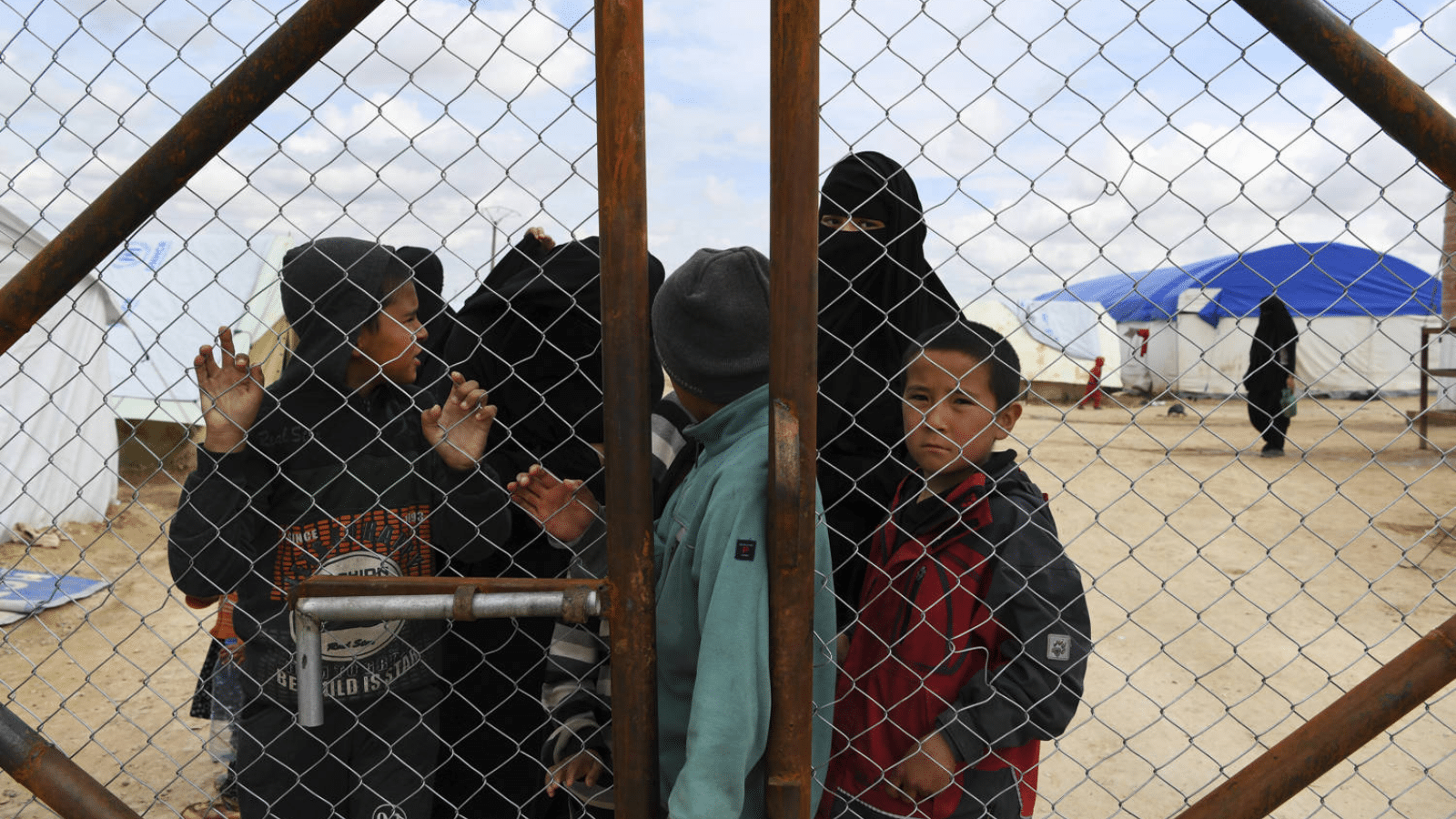Tens of thousands of people are still stranded in Syrian refugee camps. Who are they and what responsibility does the international community owe them?
Despite the fact that two Norwegian women and their three children were recently brought home from Syria, there are still tens of thousands of people from approximately 60 different countries stranded in the al-Hol and Roj camps in Syria.
The humanitarian conditions here are described as catastrophic and those living in the camps have very limited access to basic services, such as healthcare, food, clean water and education.
Around 34 countries have brought home over 6,000 of their citizens from camps in Syria since 2019, but the vast majority of countries have brought home very few or none. What will happen to the almost 60,000 people in the camps, the majority of whom are children, is very uncertain.
In Norway, the debate has primarily revolved around the repatriation of Norwegian citizens. This panel discussion will ‘raise the gaze’ and take a closer look at the humanitarian conditions in these camps and discuss possible solutions for all those detained.
Questions explored included:
Introduction from Secretary General of the Red Cross, Anne Bergh
Description of reality from al-Hol, Amund Bakke Foss, VG
Protection of women and children and their rights, Inger Skjelsbæk, Peace Research Institute Oslo (PRIO) and University of Oslo
Humanitarian and legal issues from an international/state perspective and the need for a solution, Cecilie Hellestveit, Folkerettsinstituttet
What processes take place internationally, and what is the political room for action? State Secretary Andreas Motzfeldt Kravik, Ministry of Foreign Affairs
This seminar was organised by the Norwegian Red Cross, the PRIO and the Norwegian Centre for Humanitarian Studies.
